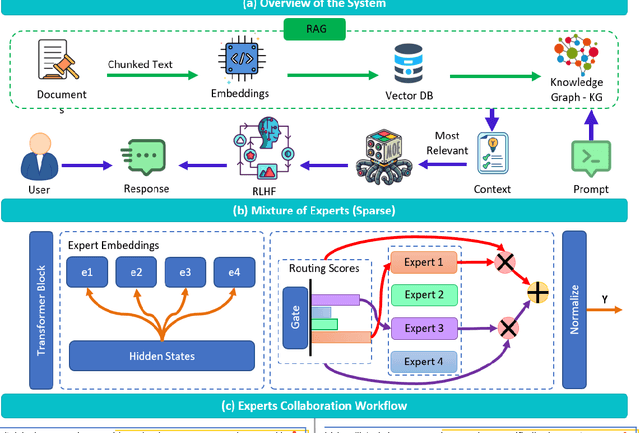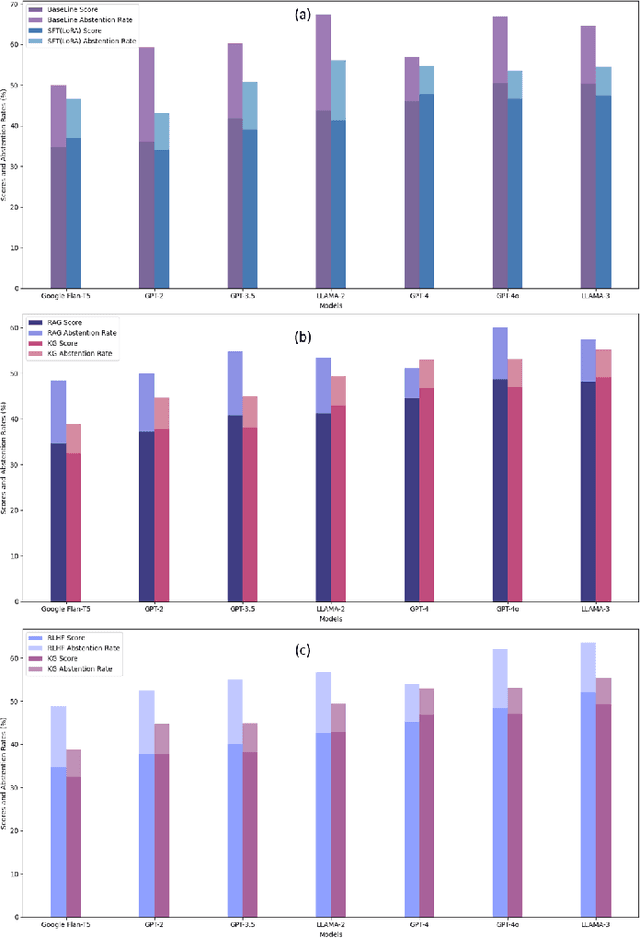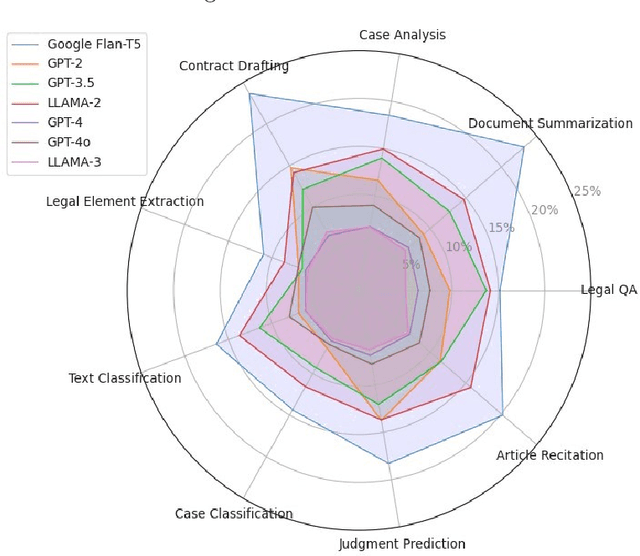Qamar Abbas
DL-AMC: Deep Learning for Automatic Modulation Classification
Apr 10, 2025Abstract:Automatic Modulation Classification (AMC) is a signal processing technique widely used at the physical layer of wireless systems to enhance spectrum utilization efficiency. In this work, we propose a fast and accurate AMC system, termed DL-AMC, which leverages deep learning techniques. Specifically, DL-AMC is built using convolutional neural network (CNN) architectures, including ResNet-18, ResNet-50, and MobileNetv2. To evaluate its performance, we curated a comprehensive dataset containing various modulation schemes. Each modulation type was transformed into an eye diagram, with signal-to-noise ratio (SNR) values ranging from -20 dB to 30 dB. We trained the CNN models on this dataset to enable them to learn the discriminative features of each modulation class effectively. Experimental results show that the proposed DL-AMC models achieve high classification accuracy, especially in low SNR conditions. These results highlight the robustness and efficacy of DL-AMC in accurately classifying modulations in challenging wireless environments
A Comprehensive Framework for Reliable Legal AI: Combining Specialized Expert Systems and Adaptive Refinement
Dec 29, 2024



Abstract:This article discusses the evolving role of artificial intelligence (AI) in the legal profession, focusing on its potential to streamline tasks such as document review, research, and contract drafting. However, challenges persist, particularly the occurrence of "hallucinations" in AI models, where they generate inaccurate or misleading information, undermining their reliability in legal contexts. To address this, the article proposes a novel framework combining a mixture of expert systems with a knowledge-based architecture to improve the precision and contextual relevance of AI-driven legal services. This framework utilizes specialized modules, each focusing on specific legal areas, and incorporates structured operational guidelines to enhance decision-making. Additionally, it leverages advanced AI techniques like Retrieval-Augmented Generation (RAG), Knowledge Graphs (KG), and Reinforcement Learning from Human Feedback (RLHF) to improve the system's accuracy. The proposed approach demonstrates significant improvements over existing AI models, showcasing enhanced performance in legal tasks and offering a scalable solution to provide more accessible and affordable legal services. The article also outlines the methodology, system architecture, and promising directions for future research in AI applications for the legal sector.
 Add to Chrome
Add to Chrome Add to Firefox
Add to Firefox Add to Edge
Add to Edge